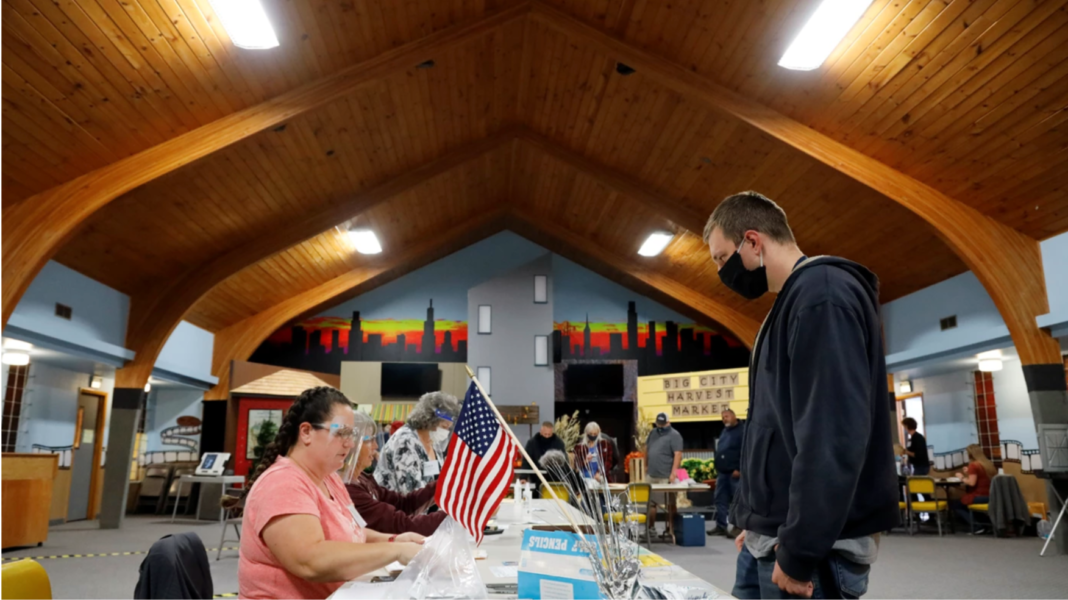Every four years in America, many people tend to look to a Presidential candidate as being a savior who is going to resolve all of our problems. But this isn’t unique to the U.S. Throughout history, people have looked to a person to solve all of life’s problems. Even Ancient Israel turned to political leaders in hopes of salvation.
In their early history, God had been ancient Israel’s Leader, but the people were getting restless. So, in 1 Samuel 8, the people asked for a King – so that they would be like other nations (1 Sam. 8: 20). Why is this significant? Well, Israel was supposed to be different. They had been set apart from the nations around them. God was supposed to be their King.
At the time, Samuel was called by God to be the people’s spiritual leader. He was old, and his sons were downright sorry. The people of Israel were concerned about what they would do after Samuel died. Who would lead them?
Out of worry for the future, the elders of Israel asked Samuel to appoint a king to lead the people. After all, every other major nation had a king as ruler. Samuel warned them that there were consequences to living like everyone else, but the people persisted. Their reasoning? “Then we will be like all the other nations, with a king to lead us and to go out before us and fight our battles.” (vs. 20).
Even though it was GOD who led them, GOD who went out before them, and GOD who fought their battles, the people decided to place their trust in a man they could see versus a God they couldn’t.
Israel chose to reject God as King in favor of a man.
Put Your Hope in God Over Politics
 Now, let’s jump back to the present day. As the U.S. approaches another election cycle, let’s all take a lesson from the Biblical story of the people of Israel and evaluate our heart’s motivation as we prepare to vote. No matter your political party or candidate preference, make sure you’re not placing more faith, hope, and trust in a person than you are in the One true and living God.
Now, let’s jump back to the present day. As the U.S. approaches another election cycle, let’s all take a lesson from the Biblical story of the people of Israel and evaluate our heart’s motivation as we prepare to vote. No matter your political party or candidate preference, make sure you’re not placing more faith, hope, and trust in a person than you are in the One true and living God.
As we approach the election – don’t just pray about how to vote, but be sure to place your heart’s hope in Christ alone. He is the only One who reigns supreme over all; and we can trust Him to lead His people well – no matter the election’s outcome.
Some trust in presidents and kings – but we will trust in the name of the Lord our God (Psalm 20:7).
So, What’s The Play Call?
- Are you more dependent on the candidates than God? If yes, Why?
- What are ways that you can show non-believers around you that God is greater than any elected official?
- Do you believe America would become a better place if everyone would place their faith In God? Explain. What are some steps towards that goal?
- What is our job as shameless Christians to push the importance of faith over fear?




